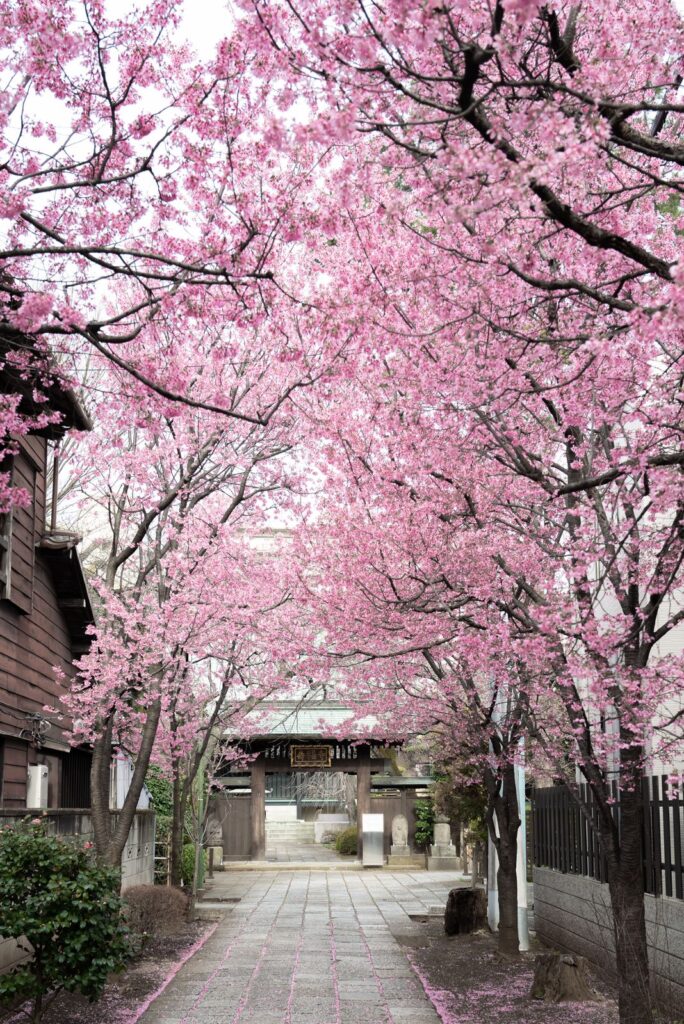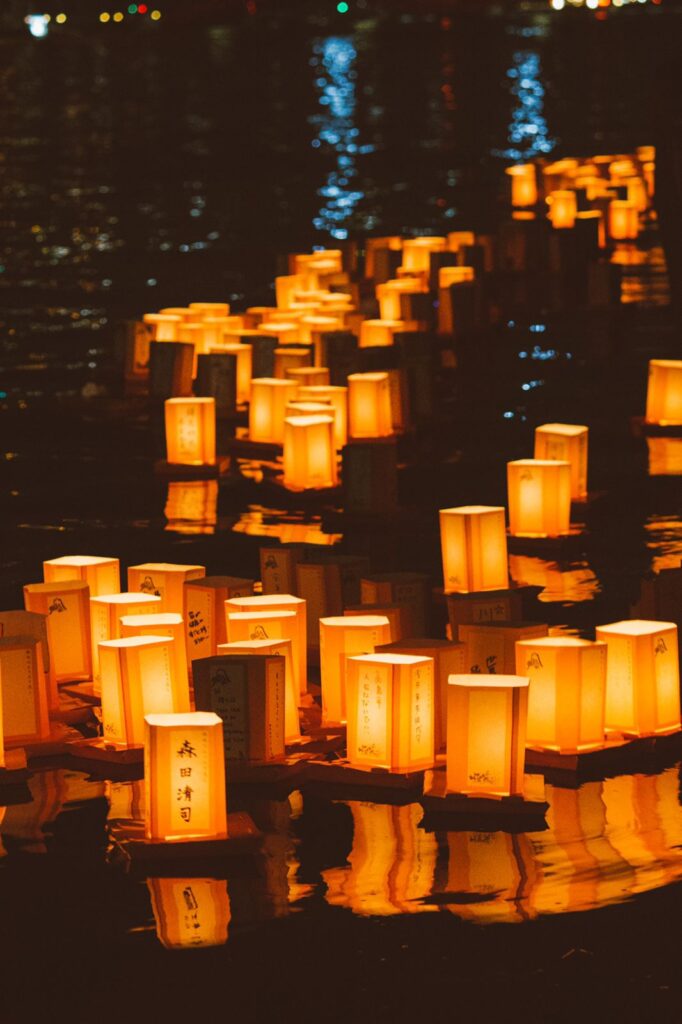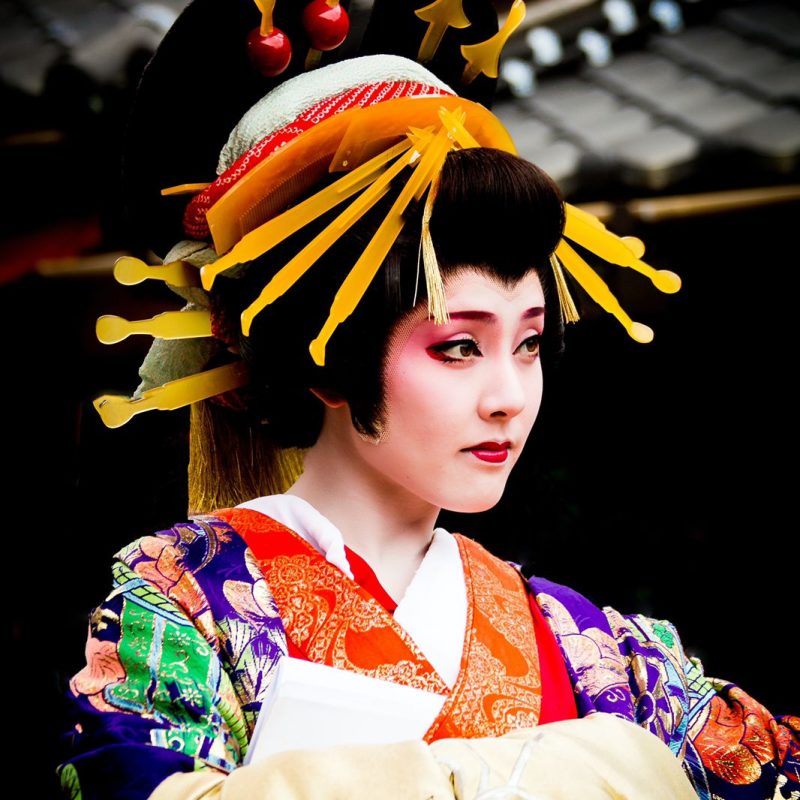What’s the one thing that comes to your mind when you think of Japan? Well most of us would think of Anime when we contemplate Japan. But you must know Japan is so much more than Anime. The beautiful, authentic culture of Japan not only signifies but also cultivates the extravagance of the island nation.
Japanese culture revolves around hundreds of highly renowned traditions.
The exotic nation is also known as the rising sun, bound with charismatic historic ethics.
Though with changing times Japan has been modernised still the residents of Japan try to keep intact and preserve the authentic Japanese culture. Japanese culture is mainly influenced by Buddhism, Confucianism and Shinto religion. So let’s not wait any more and dive right into 9 amazing things about Japanese culture.
Read to find out some of the best things about Japanese culture

- Yamayaki Mountain Burning:
Burning down a mountain is known as Yamayaki in the Japanese language. It evolves into a festival celebrated across the country, involving the burning down of the vegetation from the mountain area. Together with the burning of fireworks, the festivals astound to be stunning and glorified. This festival conjures with historic stories displaying the foreplay of the culture.
- Love Locks
The observation decks in Japan are one of the most popularised spots among couples. The area provides a magnifying view of the city. One of the most former traditions which are being romanticised in the city is the concept of witting messages on the lock and leaving it at the spot. Then afterwards the key is thrown into the water. One of the most favoured areas is the Love Bell of Enoshima Island.
- Floating Lanterns
Toro Ngashi is the traditional event of letting lanterns float in the river. Which revolves around a touching ideology representing the journey of a soul to the afterlife.
This theme is conjured to elaborate the Japanese Obon Holiday, a period visualised to accept the retrieval of the spirits of the loved ones. They are also used to commemorate tragic events such as the Atomic Bombing of Hiroshima.
- Dondo Yaki
A cultural practice where the lucky charms or the belongings of the people are burned such as Omikuji. As throwing away lucky items is deemed to be bad. Auspicious symbols sold by shrines have been designed to formulate the showcasing of the Japanese zodiac of that year. According to the customs, it is categorised as bad to possess the lucky charm more than the essential year.
- Hatasahi Sunrise
The word Hatsuhi means the first Sun. This tradition is cultivated to look upon the first sunrise of the year on New Year’s Day. For Japanese families, the tradition is considered important as it is associated with numerous rituals and ceremonies.
- Tea Ceremony
The Japanese tea function is the craft of planning, serving and liking tea. It trains us to be completely present at the time, to be modest and to consistently endeavour to improve. While tea services are coordinated by customary shows and feel, a cycle can never culminate, so experts are continually attempting to work on their method.

- Celebrate seasons with Hanami
One of the most awaited and polarised cultures enjoyed by the Japanese nationals. Which have been ongoing since the Heian era. One of the most celebrated times to enjoy is the spring season when the Sakura blossoms. This patriotic flower gazing is renowned among many countries which attract many tourists to Travel to Japan. The festival is celebrated to appreciate the beauty of nature which is accounted for by many picnic parties under the Sakura.
- Kaiseki Cuisine
Japanese cuisine has a lot to offer to the world. A place where quality is rationalised over quantity. The dish is one of the country’s finest cuisines and specialities. As per saying there are no rules for the dish but it is a feast for all the five senses. The dish is made with seasonal ingredients and spices, with accurate colour taste and presentation in mind.
10 Must-Try Traditional Japanese Dishes
- Traditional clothes
During the summer season, the summertime festival is celebrated by the locals of Japanese background. The streets are filled with residents adorning the traditional clothing of Japan, the kimonos of both women and men. One of the reasons is to get rid of the heat but also join the communal dances in the height of the summer bon-ōdori – a circular dance around a stage with a drummer keeping time. Alongside their fans in their obi.
These exquisite talks about Japanese culture must have deeply intrigued and spiked your inner senses with the desire to visit the cultural state of modernised ethics and experience this all yourself. Then don’t wait, pack your bags and explore the land of beauty.
Comment down below your favourite things about Japan or something that you would wish to explore!

